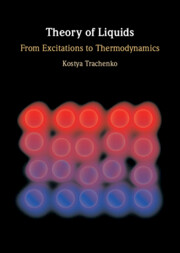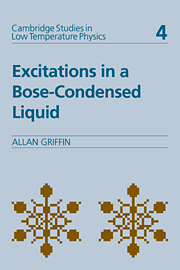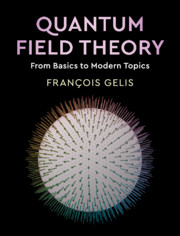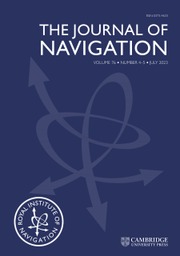Theory of Liquids
Of the three basic states of matter, liquid is perhaps the most complex. While its flow properties are described by fluid mechanics, its thermodynamic properties are often neglected, and for many years it was widely believed that a general theory of liquid thermodynamics was unattainable. In recent decades that view has been challenged, as new advances have finally enabled us to understand and describe the thermodynamic properties of liquids. This book explains the recent developments in theory, experiment and modelling that have enabled us to understand the behaviour of excitations in liquids and the impact of this behaviour on heat capacity and other basic properties. Presented in plain language with a focus on real liquids and their experimental properties, this book is a useful reference text for researchers and graduate students in condensed matter physics and chemistry as well as for advanced courses covering the theory of liquids.
- Explains liquid theory using the concept of phonons, closely mirroring solid-state theory
- Focuses on real liquids and their experimental properties, rather than liquid models that are frequently covered in other texts
- Summarises the historical development of liquid research over 150 years, making connections between early discoveries and more recent results
Reviews & endorsements
'I was searching for a better description of liquids when I encountered Professor Trachenko's work, and immediately recognized its elegance and power. I truly enjoyed reading his book: his lucid explanations and critical insights on Frenkel's work and his objective assessment of the deficiencies of other approaches. This book not only revitalizes Frenkel's theory but elevates it to new heights. Professor Trachenko's book lays the foundations for more advances to come.' Gang Chen, Massachusetts Institute of Technology
'Over the past decade there have been enormous advances in our understanding of liquids and supercritical fluids due to new theoretical proposals, the rediscovery of old theoretical proposals, and new experimental findings. This text provides a single comprehensive and cohesive account of these developments, placing them in the context of our mature understanding of the solid and gas states. There is a focus throughout on how we can understand the properties of real liquids - viscosity, heat capacity etc. - that determine their behaviour in everyday life and in planetary interiors. Reading it has made me appreciate just how urgently such a text was required. It will certainly become a key text in my collection and, I am sure, in the collection of other scientists with an interest in the nature of the basic states of matter.' John Proctor, University of Salford
'This book provides an excellent introduction to the theoretical aspects of physical liquids in the 21st century, written by the foremost expert on the subject … I highly recommend this text to any condensed matter theorist (graduate level and above), who has some interest in the theoretical aspects of liquids.' Kymani Tieral Keden Armstrong-Williams, https://physicsbookreviewer.blogspot.com/
'… an excellent resource for anyone interested in working in this area. … Recommended.' D. B. Mason, Choice
Product details
August 2023Hardback
9781009355476
300 pages
250 × 175 × 18 mm
0.56kg
Available
Table of Contents
- 1. Introduction
- 2. Experimental heat capacity
- 3. Excitations in solids and gases
- 4. Energy and heat capacity of solids
- 5. First-principles description of liquids: exponential complexity
- 6. Liquid energy and heat capacity from interactions and correlation functions
- 7. Frenkel theory and Frenkel book
- 8. Collective excitations in liquids post-Frenkel
- 9. Molecular dynamics simulations
- 10. Liquid energy and heat capacity in the liquid theory based on collective excitations
- 11. Quantum liquids: excitations and thermodynamic properties
- 12. Sui Generis
- 13. Connection between phonons and liquid thermodynamics: a historical survey
- 14. The supercritical state
- 15. Minimal quantum viscosity from fundamental physical constants
- 16. Viscous liquids
- 17. A short note on theory
- 18. Excitations and thermodynamics in other disordered media: spin waves and spin glass systems
- 19. Evolution of excitations in strongly-coupled systems
- References
- Index.





